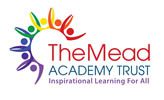Annual report 2020: Castle Mead School review
Acting Head of School: Harriet Phillips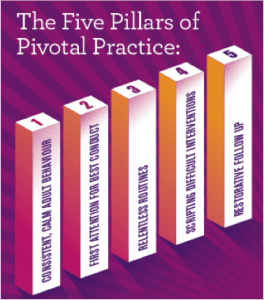
Behaviour and Attitudes
With the established practise in The Meadow nurture space and a consistent approach to the Behaviour Curriculum we have seen a continuing pattern in the reduction of Fixed Term Exclusions.
Staff feel confident in applying the Pivotal Curriculum pillars, Calm, consistent adults, relentless routines and restorative follow up. This was a key focus before Lockdown.
Lockdown
With the government announcement of a national lockdown Castle Mead followed the Government Guidelines and opened only for children of Key workers and vulnerable children. We successfully organised our staffing team (those able to work) into 4 colour teams, these teams worked in rotation to support the children eligible to attend school. The teams formed strong bonds, ensuring everyone felt safe at school and had fun!
Wider opening saw the return of Year R, 1, and 6 alongside the key workers and vulnerable children and the team worked hard to ensure we welcomed back as many children as possible for at least 2 days a week.
Attendance at school was consistently significantly higher than seen nationally:
Lockdown brought the dawning of new technologies to Castle Mead, Bubble zooms seemed like a perfectly normal thing to be doing! The Trust also introduced the use of a virtual learning Platform Seesaw, this enabled teachers to set learning for children upload teaching videos and comment on learning that had taken place, we were able to carry out lessons and assemblies using this new tool.
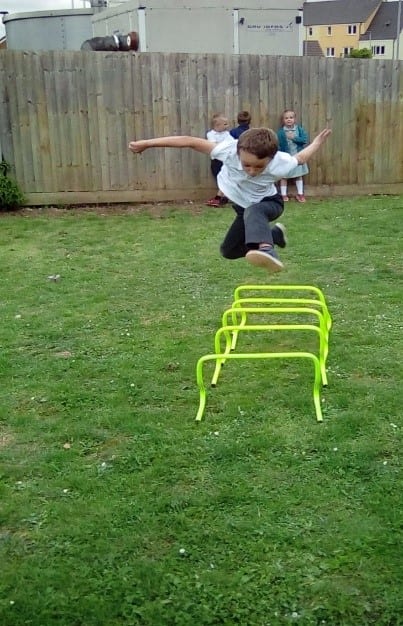
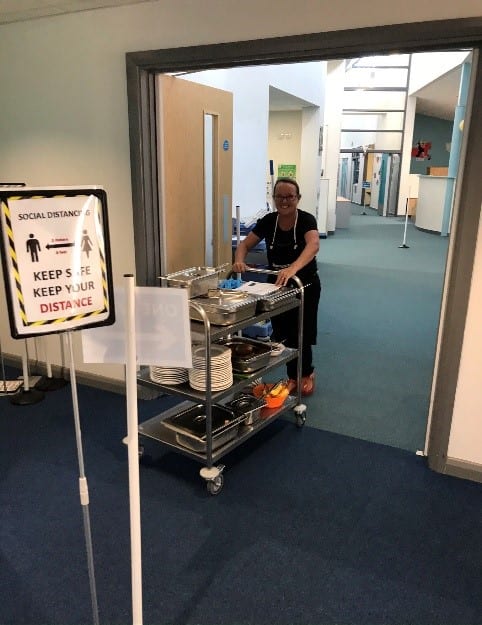
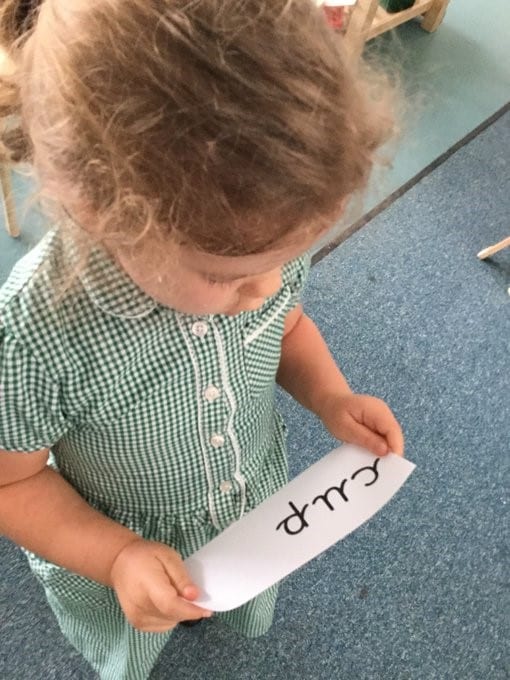
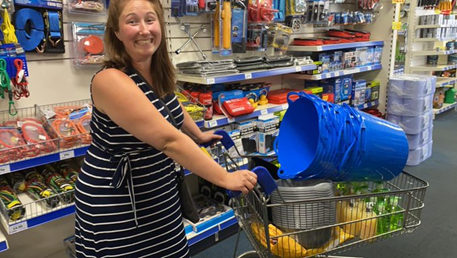
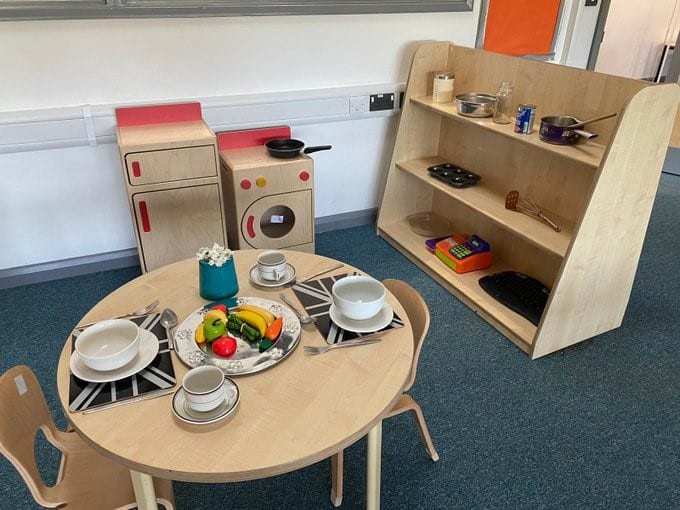
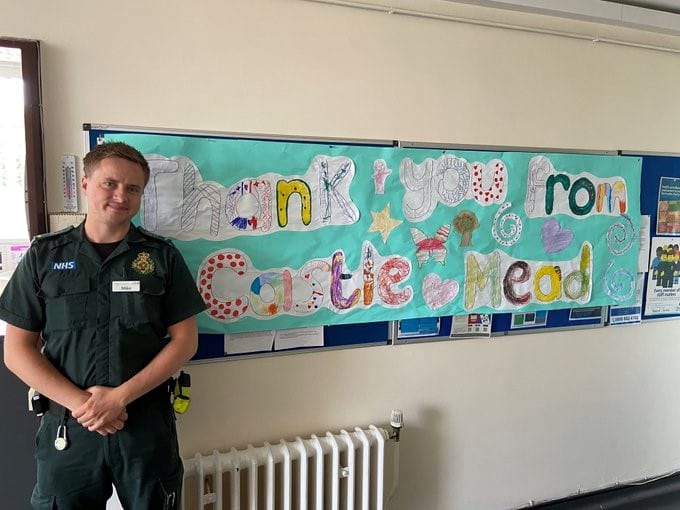
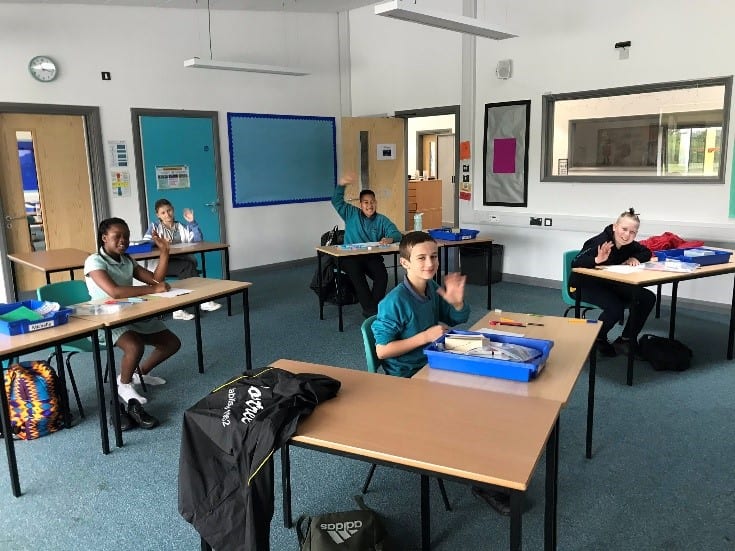
Teaching and Learning
Maths
Maths Meetings have been successfully introduced at Castle Mead and across the Trust as a key component of maths learning in all year groups from Reception – Year 6. The increase in fluency practise and spaced repetition of shape, time, measure and fractions has resulted in a reduction in the children’s cognitive load during their maths lessons. Children are also being exposed to and consequently using multiple different representations and increased mathematical language, supported by sentence stems.
Maths meetings were trialled in Year 2 in 2019 with positive results noticed and positive feedback given when observed by the CASP. Maths meeting guidance for all year groups was then shared with staff across the Trust in maths PDMs. Teachers at Castle Mead also observed the Maths Lead teaching maths meetings. Maths meeting guidance was updated in summer to include the latest DFE guidance and support with closing gaps as a result of lockdown.
Feedback from staff, children and outside observers has been positive. Staff at Castle Mead commented; ‘revolutionary’, ‘definitely helping my children’, ‘every school should do this’. Impact has also been made outside the trust as Maths Lead has supported a local primary school to introduce them. Their Maths Lead commented, ‘they are wonderful and the children love them’.

Journalling is embedded across the school, with children confidently and successfully explaining their mathematical reasoning.
Prioritising Reading
The high focus given to reading in the school is evident in the environment and in conversations with staff and children.

Enriched Curriculum
This year we saw the Trust adoption of a curriculum planning tool ‘Cornerstones’. Cornerstones provides a wealth of planning tools to ensure curriculum coverage and sequential lessons building on prior knowledge. The staff have embraced the new tool and written outcomes have gone from strength to strength.

Wellbeing Award
Harriet Phillips (Acting Headteacher at Castle Mead) has been jointly awarded the Teach Well Alliance Headteacher Award for Outstanding Contribution to Staff Wellbeing. She shares the award with Dee Conlon of Sir Frederick Gibberd College in Essex. Castle Mead’s nomination was notable, in that six members of staff nominated Harriet – this was exceptional – never having happened before in the history of the award and showing the impact Harriet has had on the whole staff in this strangest of school years.

